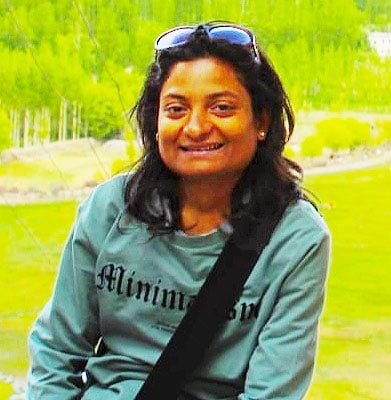New Delhi
Social media platform Twitter is a foreign business entity and does not have any fundamental right or legal remedy to espouse the cause of account holders whose handles have been blocked by the government, the Centre told the Karnataka high court on Tuesday.
Arguing against a petition filed by Twitter against the blocking of 39 accounts, additional solicitor general R Sankarnarayan, representing the electronics and IT ministry, said the tech firm cannot raise contentions on the blocking of any account since it does not have any such legal or fundamental right under the Constitution.
“The petitioner being a foreign company cannot avail any remedy of fundamental rights guaranteed under Article 19 (1) and Article 21 of the Constitution. The petitioner company does not have a legal mandate to espouse the cause of twitter users/account holders,” Sankarnarayan told a court presided over by justice Krishna S Dixit.
“In absence of such a statutory enablement, the question of espousal will stand miles away,” he said. “Moreover, such a mandate can arise only if there is a jural relationship between the account holders and petitioner company and not otherwise.”
Questioning the maintainability of the petition, Sankarnarayan said Twitter was not the aggrieved entity in this case. A Twitter account holder is not carrying out business by writing a post nor canvassing for business, and he is only expressing his views, Sankarnarayan said, adding that an intermediary should distance itself from the account holder if there is an act of omission or commission.
“You (Twitter) don’t hold the brief for the account holders,” he argued.
Twitter had moved court after the electronics and IT ministry, through a notice on June 26 last year, warned it of penal action against its chief compliance officer, and granted it a final opportunity to comply with a series of blocking orders issued in 2021.
The company argued that the orders were procedurally deficient of Section 69A requirements, demonstrating excessive and disproportionate use of powers.Section 69A of the Information Technology Act, 2000, empowers the government to issue directions to block public access of any information through any computer resource.
The Centre said that the company could only approach the court claiming violation of rights under Article 14 if the government has acted arbitrarily. Article 14 of the Constitution guarantees equality before law.
On a query by the court as to whether Article 14 differentiates between Indian and foreign companies, Sankarnarayan said, “Let us suppose I say all accounts of Twitter are closed and I permit other platforms to do the same business. Then he (twitter) can come and complain that you are not affording an opportunity to do business, you have given permission and now you have blocked all my users, therefore you have treated one person one way and the other person the other way. In this particular case, Twitter is not being treated differently.”
Twitter had argued that the government cannot block the account of its users without providing a reason.
However, opposing this contention, Sankarnarayan submitted that account holder is not carrying on any business and all that he does is express a view. He said that section 69A of the IT Act empowers the government to block circulation of all materials that may pose a threat to the safety, security and integrity of the country.
“I am blocking the tweets only in India,” he contended on behalf of the ministry.
The arguments will continue on March 6.







